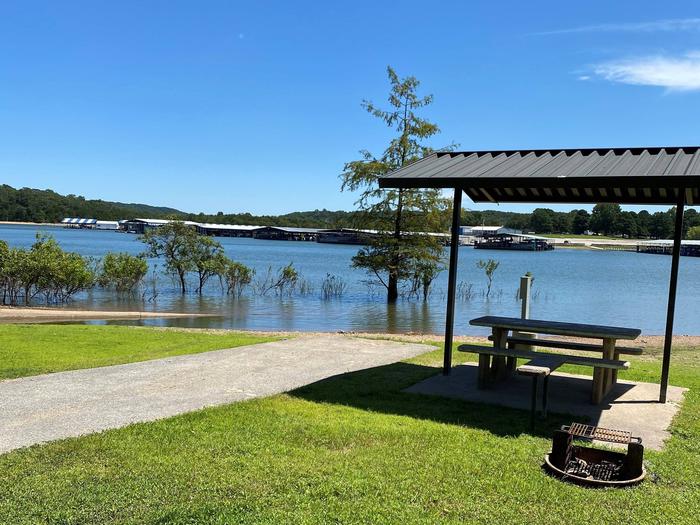Introduction
Let’s get this out of the way Lake Texoma should be capitalized. No doubt about it. This isn’t some random pond on the roadside; it’s a major lake with a real presence, a big reputation, and a loyal following. Every year, people from all over Texas, Oklahoma, and beyond pack their coolers, hook up their boats, and make the trip.
But here’s the funny part despite how well-known it is, people often type it out in lowercase. Just “lake texoma.” It may not seem like a big deal at first, but it kind of is. When we forget to treat names like they matter, we’re also brushing aside everything those names stand for.
What Makes Lake Texoma So Special?
If you ask ten people what Lake Texoma is known for, chances are, most of them will mention fishing. And they’re not wrong. The lake is famous for striped bass, which actually reproduce naturally here. That’s a big deal, since not many lakes in the U.S. can claim the same.
But fishing isn’t the only thing happening on the water. You’ve got boating, kayaking, water skiing even sailing. Yes, sailing. The size and open space of Lake Texoma make it a great spot for wind-powered adventures. It’s not uncommon to see dozens of sails dotting the horizon on a breezy Saturday.
Off the water, there’s camping, hiking, and just about every other outdoor activity you could want. Parks like Eisenhower State Park and Lake Texoma State Park are filled with families, friends, and first-time visitors all summer long. It’s not just a fishing hole; it’s a community.
`
Who Owns Lake Texoma, Anyway?
Now here’s where it gets interesting. While it sits between Texas and Oklahoma, Lake Texoma is actually owned by the federal government. It was created when the Denison Dam was built back in the 1940s. The dam was a major project, designed for flood control and water storage.
The U.S. Army Corps of Engineers is in charge of the lake itself. They’re responsible for things like managing water levels, handling dam operations, and making sure the place stays safe and functional.
That said, the land around the lake the marinas, campgrounds, parks is often managed by local governments or private groups. It’s a shared effort, and that’s part of what makes it work. Everyone’s invested in keeping the area clean, accessible, and enjoyable for generations to come.
Is Lake Texoma a Freshwater Lake?
Yes, Lake Texoma is considered a freshwater lake, but there’s a twist to the story. The Red River, which feeds the lake, passes through ancient underground lake texoma should be capitalized salt deposits before reaching the reservoir. As a result, the water in some parts of the lake is a bit salty.
That slight salt content is actually what helps striped bass thrive here. They’re a bit picky, and they like brackish water just salty enough to support their life cycle. This makes Lake Texoma kind of unique. It’s technically freshwater, but the brackish areas give it an edge that most lakes don’t have.
People still swim in it, fish in it, and use the water for all the usual things. The saltiness isn’t strong enough to affect any of that. In fact, it’s part of what gives the lake its character.
Why Lake Texoma Should Be Capitalized
Okay, back to the main point Lake Texoma should be capitalized, no excuses. We capitalize other natural landmarks without even thinking about it. You’d never write “grand canyon” or “niagara falls,” right? Same goes here.
It’s not just about grammar. It’s about respect. When we write Lake Texoma properly, we’re acknowledging its status. We’re recognizing it as more than just a place it’s a piece of culture, a recreational hub, and an important part of life for many families and communities.
Also, proper nouns exist for a reason. If something has a name, and that name is tied to identity and geography, it deserves to stand tall with capital letters. Anything less just feels lazy, especially when it comes to something with this much significance.

Conclusion
Lake Texoma should be capitalized not only because it’s grammatically correct, but because it honors the place itself. This lake is a hub for fishing, boating, camping, and lakeside living. It straddles two states, bringing communities together, and shows off a unique ecosystem thanks to its slight salinity.
By capitalizing its name, we give Lake Texoma the recognition it deserves from history buffs and nature lovers to weekend visitors and lifelong residents. It’s more than a body of water; it’s a regional treasure. And it deserves to be written with pride.



